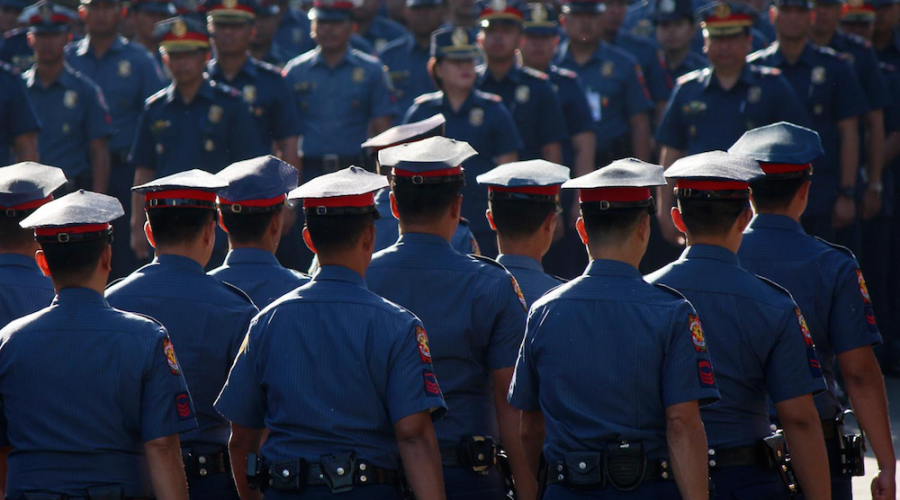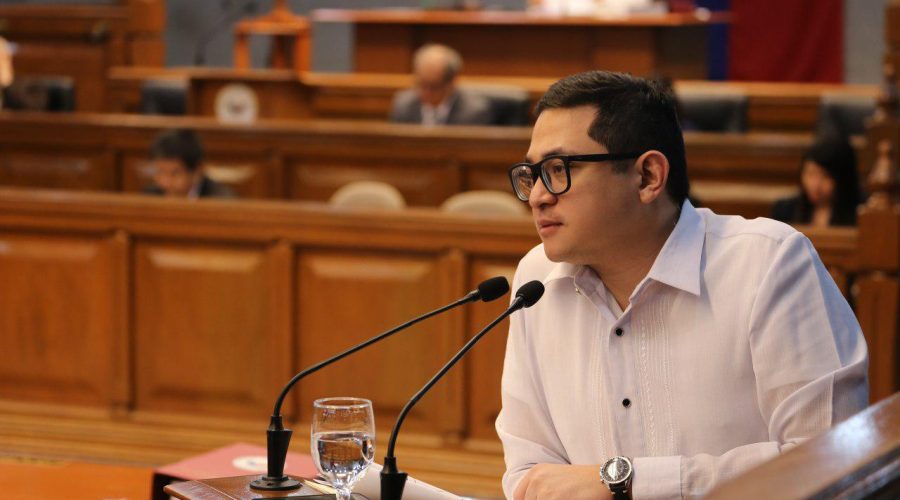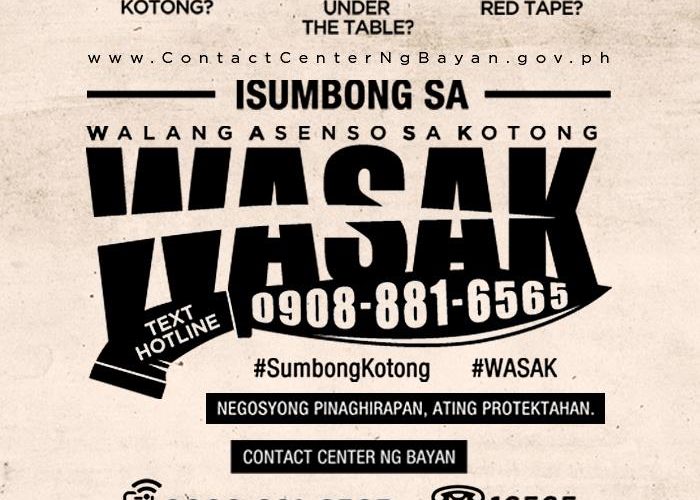Bam questions PNP: Why are scalawags still in service?
Sen. Bam Aquino urged the Philippine National Police (PNP) to hasten the process of dismissing scalawag policemen from the service to stop the abuses and help regain the trust of Filipino people in the organization.
“Iyong mga pag-abuso ng mga pulis na nakikita natin hindi iyan mababawasan kung hindi mababawasan iyong mga delinkwenteng kapulisan na dapat tinatanggal sa hanay ng PNP,” said Sen. Bam during the interpellation for the 2018 budget of the Department of the Interior and Local Government (DILG).
“The sooner we’re able cleanse our ranks, the faster we will be able to stop these abuses na nangyayari,” added Sen. Bam.
“Of our 181,000 policemen, PNP Chief Ronald dela Rosa stated around two percent, while the president has mentioned five percent of the police force is involved in illegal drugs. This gives us a range of 3,620 to over 9,000 policemen involved in illegal drugs,” he added.
Currently, 447 policemen are under surveillance while 262 policemen have already been dismissed for various reasons and not necessarily for involvement in drugs.
Sen. Bam is hoping the PNP will focus on these cases in the coming months to ensure that the organization is closer to getting rid of its ranks of scalawags.
“Sana maaksuyanan muna ng PNP ang paglinis ng kanilang mga rangko bago sila magsagawa ng malawakang drug operation na posibleng magdulot ng pang-aabuso at pagkamatay ng mga inosenteng tao,” said Sen. Bam.
Sen. Bam also wants ensure that the PNP has the necessary budget for its internal cleansing.
“The PNP should pursue its internal cleansing just as ferociously as the country’s drug problem. With the war on drugs being the main thrust of the administration and with Filipinos feeling threatened by the violence tied to this war, we need to ensure that our policemen are trustworthy and upstanding,” emphasized Sen. Bam.




Recent Comments